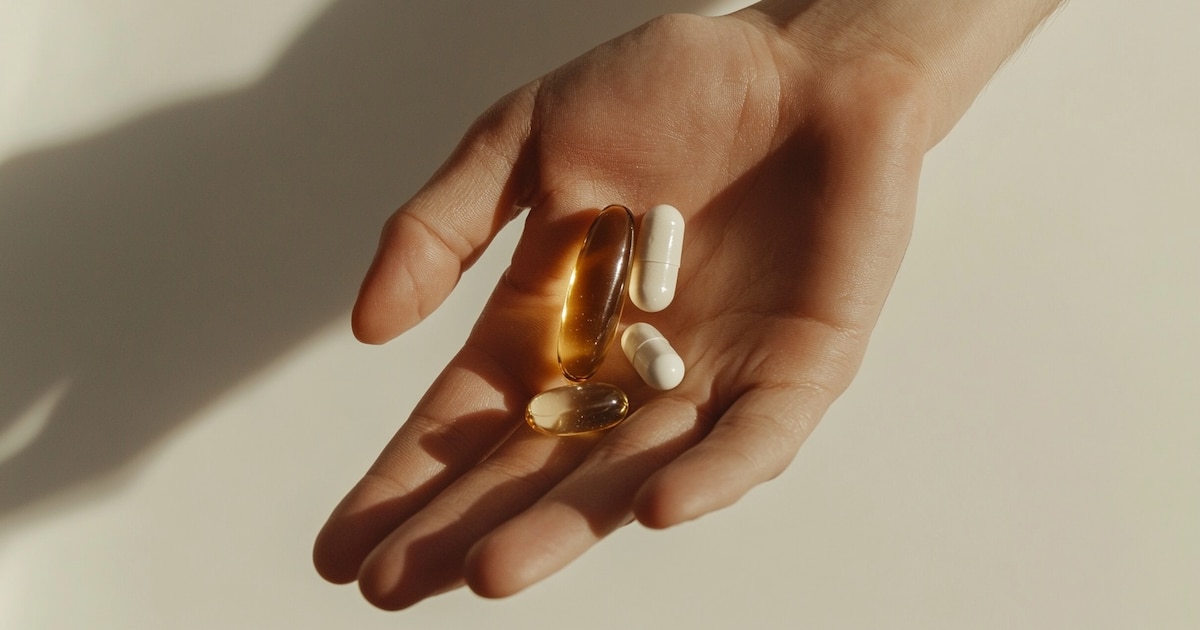

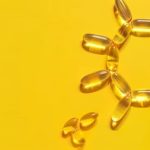

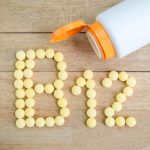
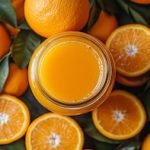
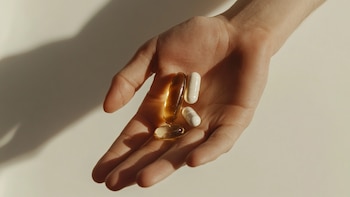
In midlife, many people begin to take a more serious look at their health and well-being, including considering supplementing their diet with supplements. Although a balanced diet remains essential, there are certain key supplements that can offer benefits.

fatty acids omega-3in particular the EPA (eicosapentaenoic acid) and DHA (docosahexaenoic acid), are mainly known for their positive effects on cardiovascular health. According to The Telegraph, Its crucial role is highlighted in the cognitive functionreducing inflammation and longevity.
Dr. Andrew Hubermana neuroscientist at Stanford University, points out that omega-3s are essential for the fluidity of brain cell membranes, which improves neurotransmission and the cognitive resilience. The recommended dosage varies between 1 and 3 grams per day, and can be found in food sources such as salmon, mackerel, trout, sardinesas well as in seeds such as walnuts, flax and chia.
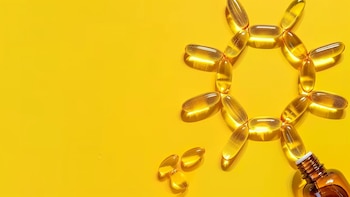
The vitamin D It is known for its importance in bone health, but also plays an essential role in regulating the immune system, cancer prevention, and mood. According to The Telegraphmore than 80% of people have low levels of vitamin D due to lack of sun exposure and a poor diet.
Dr. Peter Attia highlights that vitamin D is crucial for reducing systemic inflammation and improving the regulation of neurotransmitters such as serotonin and dopamine, which promotes mood and cognitive function.
For its part, a study from Harvard University found that adequate levels of vitamin D are associated with a lower risk of mortality from cancer. Supplementation of between 1,000 and 4,000 IU daily is recommended, depending on factors such as sun exposure, age and geographical location. It is included fatty fish as salmon, trout, sardines, in addition to liver, eggs and fortified vegetable milks.
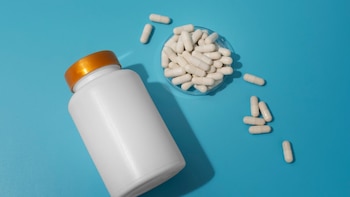
He magnesium It is a mineral involved in more than 300 enzymatic reactions in the body, ranging from muscle function to DNA synthesis. Despite being fundamental, its deficiency is surprisingly common.
Studies of Massachusetts Institute of Technology and the University of California, have shown that magnesium can reduce the risk of diabetes type 2, cardiovascular diseases and even anxiety. Additionally, it is known to improve sleep quality, and in particular, magnesium threonate has shown promise in protecting against age-related cognitive decline.
A daily dose of 300 mg is recommended for men and 270 mg for women, and can be obtained from foods such as whole grains, dark green leafy vegetables such as spinach, almonds and sesame seeds.
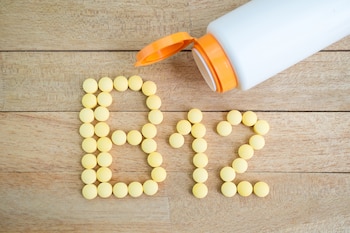
The vitamin B12 is essential for the formation of red blood cells and the health of the nervous system. People who follow a vegan diet or who have digestive problems such as celiac disease are more likely to be deficient in this vitamin. According to the Harvard Medical School, A daily dose of 1,000 micrograms of B12 is recommended for those who do not get enough from their diet.
Sources of vitamin B12 include meat, liver, milk, eggsas well as fortified vegetable cereals and milks.

The vitamin C It is an antioxidant important for immune function and skin health. According to Good Food, People with poor diets, smokers, and those who consume alcohol excessively are more likely to have low levels. This nutrient also improves iron absorption and contributes to collagen production.
